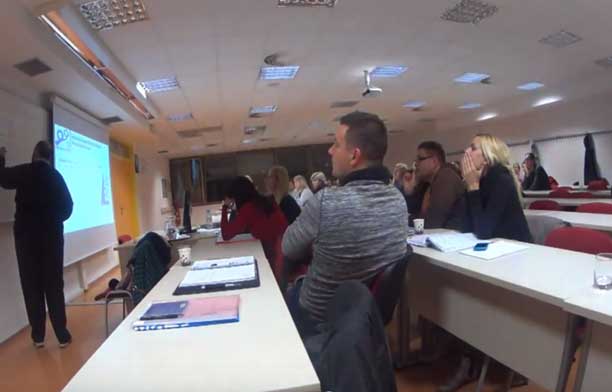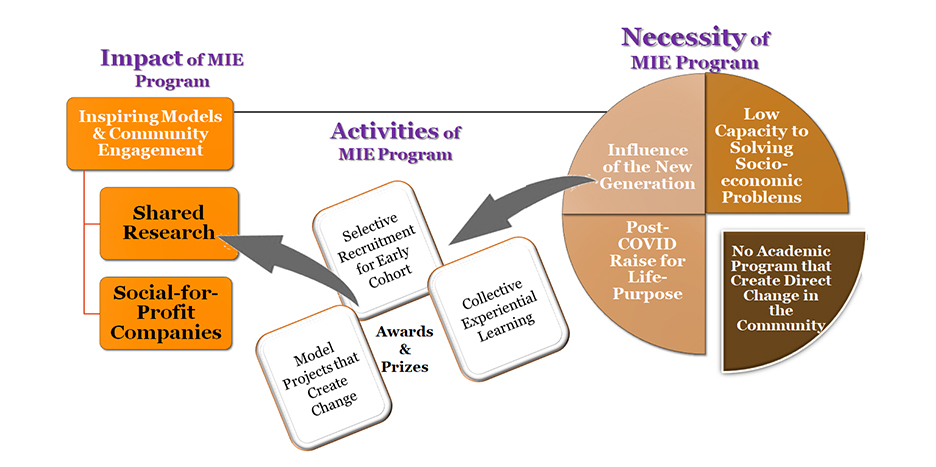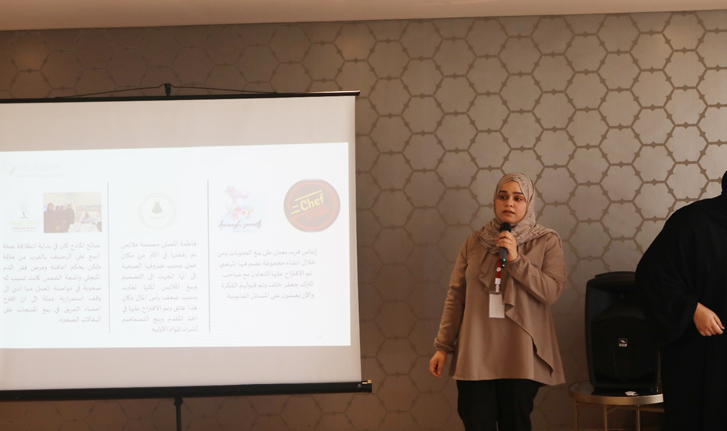Purpose of MSc in Inspiration Economy
The purpose of this master program is to create experts in the field of inspiration economy, socio-economic problem solving, community development, social innovation, social entrepreneurship, inspiration engineering, community future foresight, youth economy and resilience economy. Besides, this program targets to create multi-disciplinary holistic thinkers that would carry inspiring mindset, which can spot opportunities ahead of others and create more independent resilient communities.
Download PDF


Who Is It Suitable For?
This MSc in Inspiration Economy is aimed at any professional or discipline graduates who want to create change in their community, or organisation that influence the socio-economic situation in their society, or country, or the world through problem-solving.
Uniqueness of Program Teaching & Mode of Delivery
a) Uniqueness of MIE Program
This MIE program would create graduates that would lead waves of inspiration economy and engineering throughout the different socio-economies and the communities in the world, regardless of where they work and what are their disciplines. The program uses ‘learning by doing’ or ‘learning by exploring’ (i.e. experiential learning) and learning by models through ensuring an ‘action-based learning’ is done during each subject to bring the best of the students’ intrinsic powers.
All students would have a unique spirit in investigating the problem, what is the limitations of the ‘hidden opportunities’. The teaching would be based mostly on ‘flipped class techniques’ where the students analyse and describe how they are learning and try to inspire their peers by their achievements in solving a live issue in the society or in an organisation.
b) Proposed “Model of Delivery” of MIE Program
The delivery of each of the modules in MIE is unique as in certain modules it would a class where the flip class would give the student to prepare and present the theoretical material and then explore the field. This is true specifically in the ‘Foundation Courses’, ‘Core Courses’ modules. While the other two modules ‘Elective Courses’ and ‘Inspiration Economy Project’ modules are designed to allow the students to explore first a problem, or an issue, then get actively engaged with the material and the class discussions. This would enhance the critical reflection of each MIE student with the delivered content and thus can link it to real life situations.
Each taught MIE course in the module could be delivered over two extended weeks where each class would be of 2 hours, depending on the semester of the university. Therefore, there are 28 contact hours per class. The course would be taught/delivered/facilitated usually by two facilitators and usually they come from multidisciplinary background. This would give the student the chance to develop the holistic thinking and the capacity to see solutions from different perspectives.
‘Direct independent learning’, or ‘project exploration’ would be supported by a mentor which is usually expert on the subject with experience about similar cases or problems, beside the academic advisor from the university.

